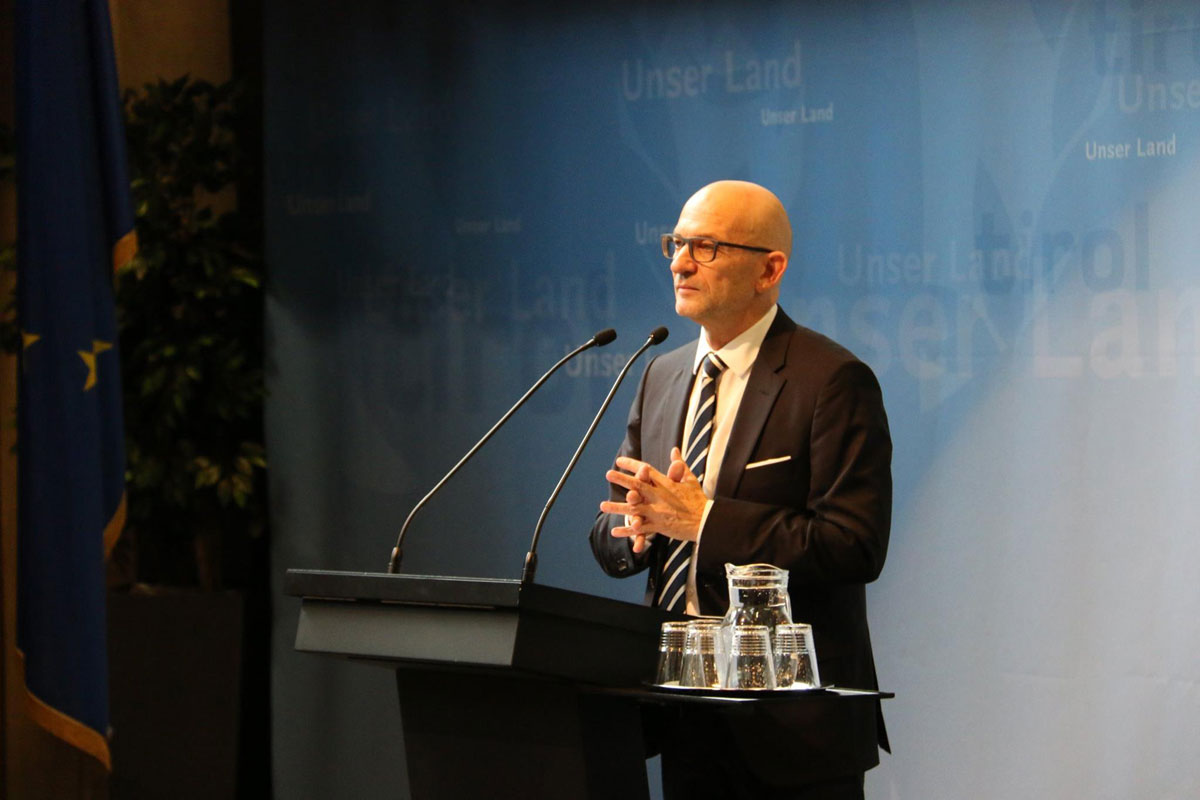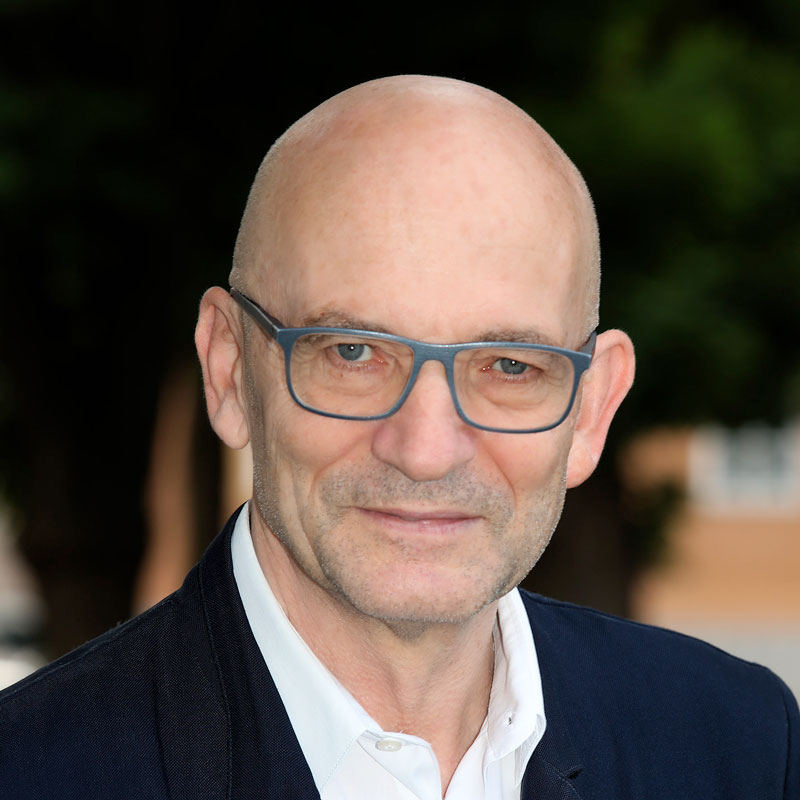Dr. Armand Hausmann – Ihr Psychiater in Innsbruck
Transcranial magnetic stimulation induces `pseudoabsence seizure‘

Publikationen (Erstautor oder Mitautor) von Univ.-Prof. Dr. Armand Hausmann
Objective: Several studies support the hypothesis of an antidepressive or mood-enhancing effect of repetitive transcranial magnetic stimulation (rTMS) on depressive patients. The most acute concern regarding rTMS is possible seizure induction; therefore, reports on seizure during rTMS are of special signi®cance. Method: We describe a case in which high frequency rTMS over the left dorsolatero-prefrontal cortex (DLPC) applied as an add-on antide pressive strategy may have induced a frontal lobe complex partial seizure in a female patient affected by drug-resistant depression. Results: The epileptic seizure was self-limited, and the patient did not report any physical sequelae. The psychopathological improvement, observed immediately after the incident in question, did not last. Conclusion: In this case train duration in rTMS, combined with drugs modulating the norepinephrine turnover, may have contributed to the occurrence of this complex partial seizure, which neuroanatomically seems to be localized in the DLPC
Autoren: A. Conca, P. König, A. Hausmann
